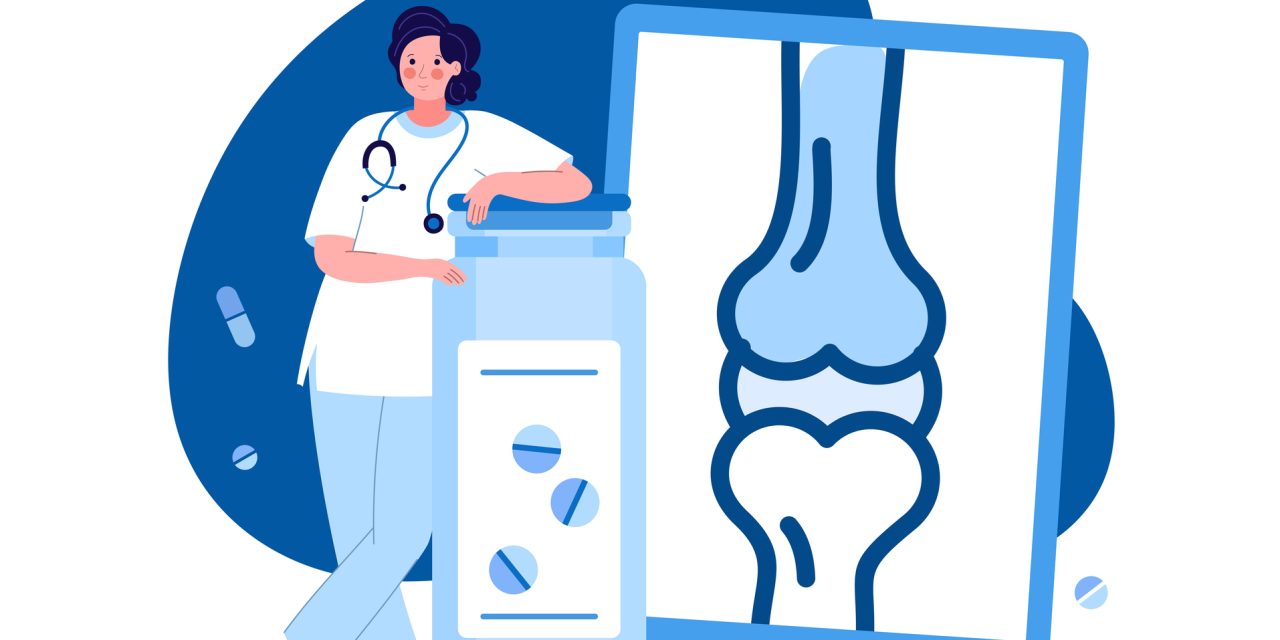For a study, researchers sought to look at the prevalence of severe acute respiratory syndrome coronavirus 2 (SARS-CoV-2) antibodies in pregnant women, their partners, and their babies, as well as the relationship between such antibodies and obstetric and neonatal outcomes. From April 4 to July 3, 2020, all pregnant women and their partners, as well as their babies, were asked to participate in the study at a single university hospital in Denmark. A pharyngeal swab and a blood sample were obtained from participating women and partners upon admission, and a blood sample was drawn from the umbilical cord soon after birth. The polymerase chain reaction was used to detect SARS-CoV-2 RNA in swabs, and blood samples were tested for SARS-CoV-2 antibodies. There was a complete medical history as well as obstetric and neonatal information accessible.
The study included 1,313 pregnant women (72.5% of all women hospitalized for delivery at the hospital throughout the study period), 1,188 partners, and 1,206 babies. The adjusted serologic frequency in women was 2.6%, and 3.5% in partners. SARS-CoV-2 immunoglobulin G (IgG) antibodies were found in 17 infants, but no immunoglobulin M antibodies were found. There was no link found between SARS-CoV-2 antibodies and obstetric or neonatal complications (e.g., preterm birth, preeclampsia, cesarean delivery, Apgar score, low birth weight, umbilical arterial pH, need for continuous positive airway pressure, or neonatal admission), but the statistical power to detect such differences was low. Full serologic data from 1,051 couples revealed a 39% absolute probability of maternal infection if the spouse had antibodies.
There was no link identified between SARS-CoV-2 infection and obstetric or neonatal problems. SARS-CoV-2 IgG antibodies were found in 67% of babies born to moms who had antibodies. The study had a disadvantage in that it lacked the statistical power to identify modest but potentially significant differences between patients with and without signs of illness.


